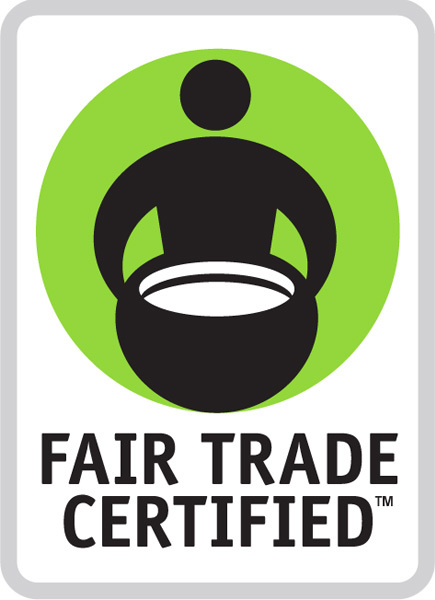Is There Child Labor In Your Chocolate?
Is There Child Labor In Your Chocolate?
Whether you celebrate Valentine's Day or not, biting into a velvety piece of chocolate is likely a non-negotiable activity on your February 14 agenda. In fact,Americans will eat more than 58 million pounds of chocolate in the weeks leading up to one of the sweetest days of the year. No surprise there, right? We love our chocolate!
But what you may not love, or even be aware of, is the reality of what it takes to get our delicious cocoa to market. As is the case with most agricultural commodities, in the cocoa industry it's the people on the front lines of the supply chain -- the farmers -- who get the least return. Cocoa farmers in West Africa, where 70% of the world's cocoa comes from, can earn as little as $0.25-$0.50 a day, and are stuck in deep cycles of poverty.
The systemically low prices in cocoa have drastic consequences for farmers and their families. More than 2 million children in the Ivory Coast and Ghana are being deprived of their childhoods, either working in extremely hazardous conditions or working in lieu of going to school, so that we can get our chocolate fix. And even as demand for cocoa increases, as it has over the last five years, dependence on child labor has shown little sign of improving. In fact, according to a study conducted by Tulane University, the number of children involved in hazardous work in cocoa increased by 46% in the Ivory Coast between 2009 and 2014.
Why Does Child Labor Happen?
Child labor doesn't happen because cocoa farmers don't want a bright future for their kids. More often than not it's simply a means of survival.
Three main factors contribute to the prevalence of child labor in the West African cocoa industry:
- Poverty - Farmers don't make enough to support their business. Cocoa prices are low, yields are low, and farmers are unable to pay for adult laborers, thus leaving them with no choice but to use their children as labor.
- Limited Access to Education - There is a dramatic shortage of schools and teachers in West Africa. Even where schools exist, many families can't afford necessary school-related expenses such as tuition, uniforms, and books.
- Lack of Enforcement - While there are laws prohibiting child labor in West Africa, the extreme prevalence of child labor, combined with overextended governments tasked with addressing many difficult issues, truly limits enforcement of these laws.
But don't worry--this is not where we tell you to stop eating chocolate. To the contrary, you should eat MORE chocolate. That's because, when done right, your indulgence has the power to shift this industry for the better.
What Happens When You Buy Fair Trade Certified Chocolate?




